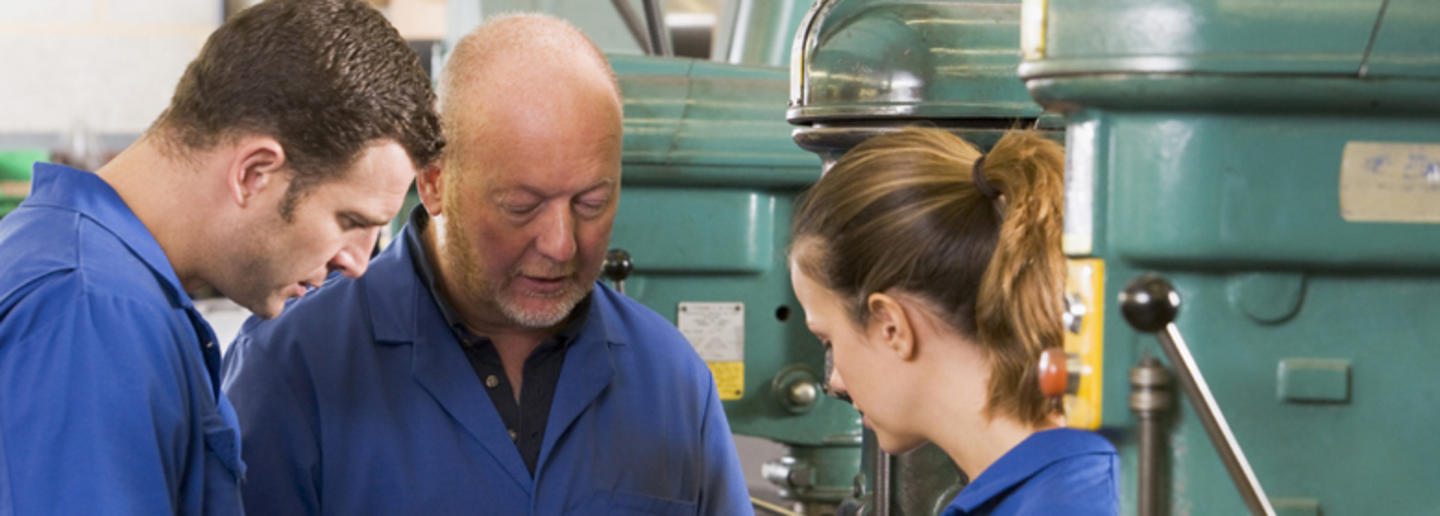“Gender equality should be regarded as an investment, not a cost,” says Smith, associate Professor at the Grenoble Ecole de Management (France) and a member of the coordinating team for the European Commission’s Expert Group on Gender and Employment (EGGE). “Whilst most EU Member States are undertaking at least some measures to promote women’s employment, the problem remains that this is largely based on it ‘being the right thing to do’, rather than something that is also good for the economy.”
Still a man’s world
Despite positive trends towards gender equality in recent decades, women still face a persistent gender pay gap and significant barriers to progressing to the very top of decision-making structures. The EU’s 2010 report on equality between women and men points out that women continue to earn 17.5% less on average than men. While the employment rate of women in the EU has increased from 52% in 1998 to 62.5% today, large gaps remain (12.9 percentage points less when compared to the rate for men). Women are still also far more likely to work part-time and have jobs which are poorly paid or insecure.
Despite the broad acceptance that companies that proactively manage gender diversity can reap crucial competitive benefits by turning diversity into a business success, change is slow. Smith agrees: “There is still a perception that the pursuit of gender equality may clash with wider economic goals – a shift in mindset is needed.”
Gender equality is good for the economy
“In many countries, there are clear links between high GDP per capita and higher labour market participation by women,” argues Smith. “But although gender equality seems to be widely accepted as a socially important goal, there is not enough attention paid to the robust body of evidence which shows that companies and countries which invest in gender equality also score more highly on a number of economic performance indicators.”
In the Europe 2020 Strategy endorsed last year - the EU’s blueprint for sustainable economic growth over the next decade - EU leaders pledged to increase the employment rate from the current 69% to at least 75%, including through the greater involvement of women, older workers and better integration of migrants in the workforce.
Yet, for Smith, this does not go far enough: “I’m concerned that the Europe 2020 vision does not sufficiently address the issue of equality between women and men. This was an ideal opportunity to build on the progress made up to the 2008-09 crisis by making the economic case for gender equality explicit and thus central to economic policymaking.”
Mobilising all talents
Across the EU women account for 59% of graduates from tertiary education, yet their professional careers lag behind men's. This underused pool of qualified workers represents an untapped potential for the economy. “This situation would be absurd in other areas of economic life,” says Smith.
Demographic shifts mean that European countries will struggle to compete in the global market, unless they draw on all the talent available, including women. This implies considering more measures to increase flexibility at work, reduce sex segregation of occupations and improve childcare facilities.
At the same time, companies can benefit from more women at the top. A number of studies have found a positive correlation between having women in executive positions and a company’s financial, creative and innovative performance.
No room for complacency
But in these times of crisis where all governments are tightening their belts and cutting public spending, surely more legislation or targets is the last thing we should be pushing? “On the contrary,” says Smith. “Sometimes hard measures are required to promote change. Targets create peer pressure and nobody wants to be seen as the laggard.”
Smith says, “I am very worried about how public resources allocated to equality measures such as childcare services and leave arrangements are being slashed as part of the ‘exit strategy’ for the economic crisis.”
“Policies that go against freeing up women to work in the labour force go against EU policies addressing access to work. Advances made in protecting and promoting equality between women and men should not be undermined by short-term measures enacted, in response to the crisis.”
“There is a longer-term risk of trying to turn back the clock,” he warns.
